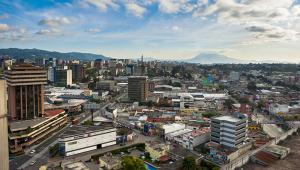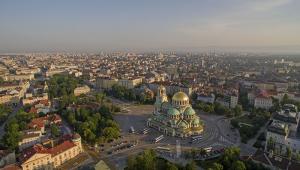This comes as Bulgaria takes over the rotating six-month presidency of the Council of the European Union for the first time since joining the bloc in 2007.
The Bulgarian president, Rumen Radev, vetoed the bill on Tuesday over concerns that loopholes would undermine the effectiveness of the legislation.
The president, who was elected in November 2016, said in a statement: “I believe that the adopted law not only does not create an adequate legal basis for tackling corruption but will even make it difficult to fight it.”
The new law focuses on improving control and accountability of law-enforcement agencies.
The legislation also entailed the creation of a special anti-graft unit to investigate individuals occupying high public office, as well as assets and conflicts of interest.
Bulgaria’s parliament approved the anti-corruption bill on 20 December.
According to Transparency International, Bulgaria is the EU’s most corrupt country. It is also one of the poorest EU member states.
The Bulgarian EU presidency will focus on the future of Europe and young people, Western Balkans, security and stability, and the digital economy, according to its website.







